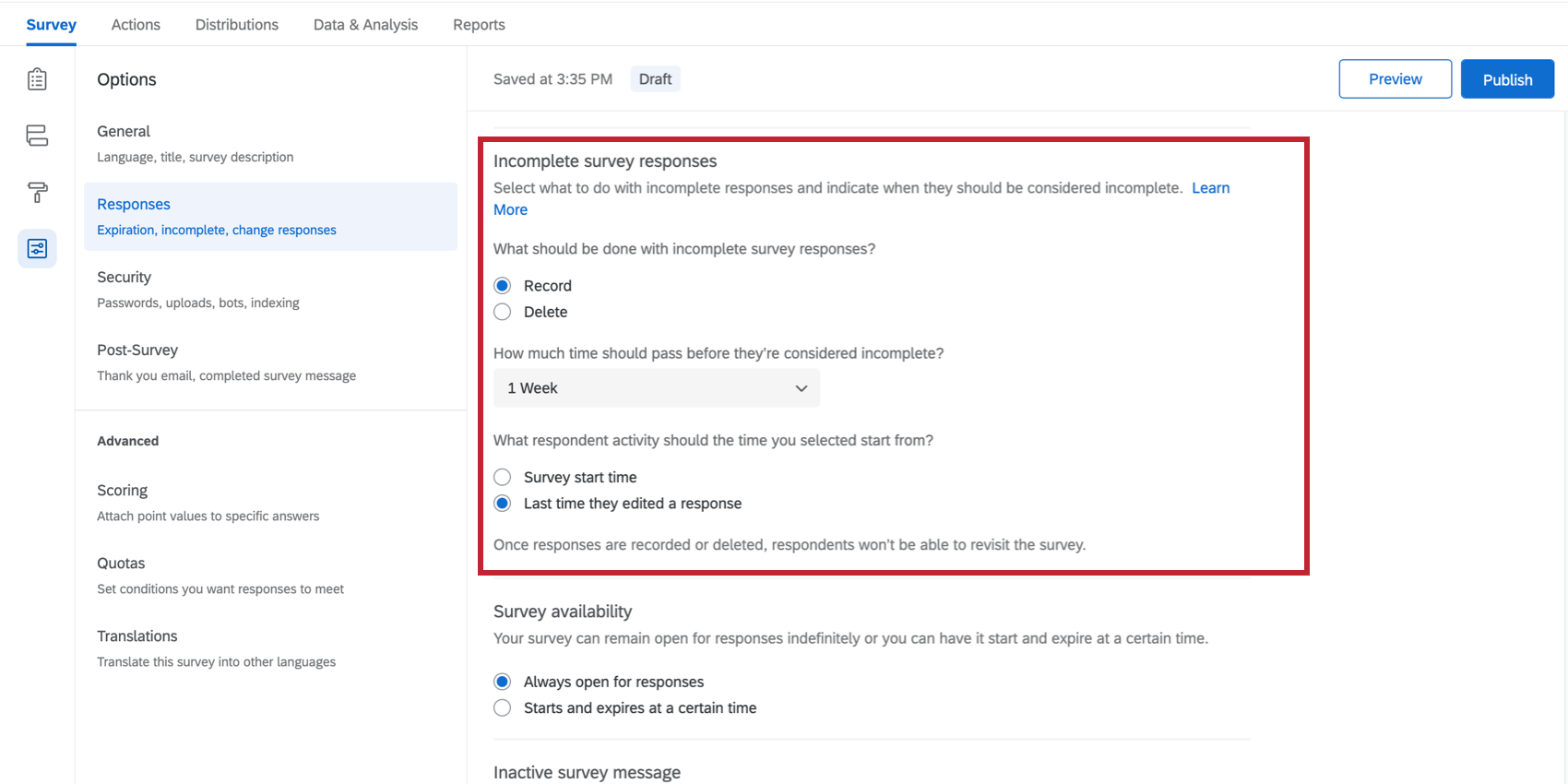

Open to learn and experiment new automation frameworks. Exposure to scripting skills. Working Knowledge on SQL and database. Good Knowledge of testing process.
Reopen Analytic Solver Platform Side Bar Free To Contact
The first relates to traditional enterprise data platforms that aren't cloud-native. Yet companies often underestimate how crucial this decision is.We can divide these concerns into two areas. If the problem persists please feel free to contact us at supportsolver.com.Information is crucial to your business, and thus selecting an appropriate data platform is very important. Once this is done reopen Excel. Knowledge on test automation tools like Selenium.Once this is done follow the steps available here for registering only the Analytic Solver Platform add-in.

It's just putting your data in the cloud platform."Cloud-first can lead to data-second. It also doesn't give you sufficient hybrid cloud security, or the ability to move your data and data processing where you need it. Those tools aren't as well integrated as a prebuilt data platform. But when they buy into a specific public cloud provider, they tend to use the data tools provided by that platform.
Your choice of a proprietary data platform can stop you from separating your data management and infrastructure choices."Such data platforms are also not comprehensive in terms of services and integrations. When you want to move or expand to another provider, perhaps to access different infrastructure, you may have to retrain a lot of skills and adapt processes. Fifty-four percent plan to increase the amount of data they store in the cloud.Hybrid cloud should create flexibility and choice, yet a hasty choice on data platforms and tools can have the opposite effect.Huysamen explains: "A big problem with using proprietary data platform tools is that they work differently on different platforms. According to the report, Critical Success Factors to Achieve a Better Enterprise Data Strategy in Multi-Cloud Environment from Harvard Business Review Analytic Services and Cloudera, 69% of companies recognise a comprehensive data strategy as a requirement for meeting business objectives.
Integrations also reveal gaps. If you're on your third or fourth data product, you're adding a lot more than you should. An agnostic cloud-native data platform should cover all your data service needs.
And since they won't lock you into a specific provider's environment, they separate infrastructure and data choices.Beyond that, adds Huysamen, agnostic cloud-native data platforms "put a lot of emphasis on features such as data movement and access, analytics tools and dashboards. Thus security, governance and integration are prioritised. They are designed as a primary service and not a value-add for other cloud features. They remain the same, regardless of which cloud provider you use, so skills remain stable.
Such platforms specialise in providing a seamless experience through open standards, backed by specialists whose business is to enable your company's information where and when you need it. And if you've already started down the hybrid path, you can still add an agnostic data platform and its flexible cloud-DNA. It will ensure you have the scale and flexibility to grow and maintain your hybrid plans. It's much better to invest in a data platform that can grow with you."Ideally, choose such a data platform before starting your hybrid cloud journey. You risk getting a diluted product. But let's be honest – a data platform is not the cloud provider's primary focus.


 0 kommentar(er)
0 kommentar(er)
